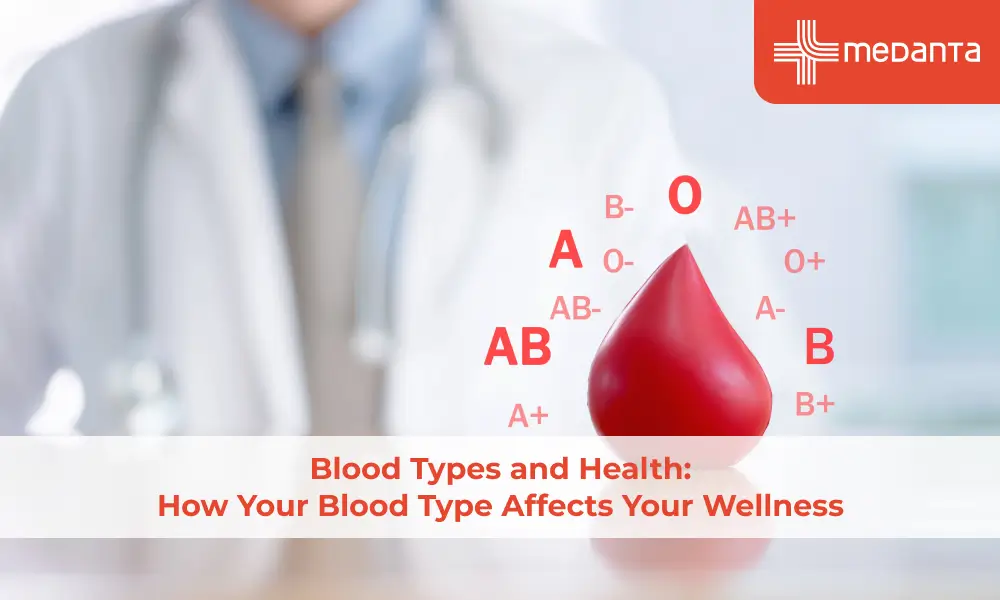How to Deal With Body Image Issues Post Kidney Transplant?

A successful kidney transplantation is like giving someone back their life. All of a sudden, you're free again, full of energy, and healthier than in the last few years. But it doesn't stop there. Once you start to get used to your new state, unexpected things with your body image may happen.
Concerns over weight gain, surgical scars, and the side effects of medication can all be problems with one's appearance. But don't forget, these are temporary hiccups: nothing but short-term obstacles on your way back to good health. Let's discuss these concerns and ways of effectively managing them.
Understanding Weight Gain After Transplant
In the year following your transplant, weight gain is quite common. This can be attributed to several factors:
- Dietary Changes: After enduring a restrictive pre-transplant diet, enjoying a wider range of foods can lead to increased calorie intake.
- Improved Appetite: The new kidney function often results in a better appetite, which can contribute to unintentional weight gain.
- Immunosuppressive Medications: Certain medications prescribed to prevent organ rejection, like corticosteroids, have a known side effect of weight gain.
Why Weight Management Matters
While a slight increase on the scale is understandable, uncontrolled weight gain can pose health risks. Excess weight puts you at a higher risk of developing:
- Post-transplant diabetes mellitus (PTDM): This condition can further complicate your health management.
- Cardiovascular diseases: Obesity is a risk factor for heart disease and stroke.
Focusing on Healthy Habits, Not Weight Loss
The key to managing weight after a transplant is not aiming for immediate weight loss (unless advised by your doctor). Instead, focus on establishing healthy habits that promote overall well-being:
- Balanced Diet: Consult a dietician to create a personalised post-transplant meal plan that incorporates a variety of nutritious foods while keeping calorie intake in check.
- Regular Exercise: Physical activity, even moderate walks, can significantly improve your health and help manage your weight.
- Mindful Eating: Pay attention to your hunger cues and satiety signals. Eat slowly and savour your food to prevent overeating.
Remember, your transplant team is there to support you. Discuss any weight concerns you have with your doctor or transplant coordinator. They can provide guidance on safe and effective weight management strategies tailored to your needs.
Coping with Surgical Scars
The surgical scar from the transplant is a testament to your resilience and a symbol of your new lease on life. However, it's natural to feel self-conscious about it. Scars typically take time to heal and fade completely. Here are a few things to keep in mind:
- Scar Healing Takes Time: Be patient. Scars can take up to a year or longer to fully mature and fade to a less noticeable appearance.
- Avoid Unproven Scar Treatments: Resist the urge to use commercially available scar removal creams. They are often expensive and lack scientific backing for effectiveness.
- Embrace Your Scar: The scar is a reminder of your strength and the incredible medical journey you've been on. Consider it a badge of honour, a symbol of your fight for a better life.
Managing Medication Side Effects
The medications you take to prevent organ rejection are crucial for the success of your transplant. However, some medications, like steroids, can cause side effects like facial swelling and weight gain. Here's what to keep in mind:
- Necessary Medication: These medications, despite the side effects, are essential for your long-term health. Stopping them can lead to organ rejection which poses a far greater risk.
- Open Communication with Your Doctor: Discuss your concerns regarding medication side effects openly with your doctor. They might be able to adjust your medication dosage or recommend alternative medications with fewer side effects.
- Focus on Controllable Factors: While you can't control the side effects, you can focus on healthy habits like diet and exercise that can minimise their impact.
Additional Tips for Body Image Positivity
- Celebrate Your Strength: Your body has endured a great deal. Acknowledge your strength and resilience in overcoming kidney failure and receiving a transplant.
- Focus on Function: Think about what your body can do now. You likely have more energy and can participate in activities you might not have been able to before.
- Embrace Supportive Relationships: Surround yourself with positive and supportive people who appreciate you for who you are, not just your appearance.
- Practice Self-Care: Engage in activities that make you feel good, like hobbies, spending time in nature, or relaxation techniques.
Building Body Confidence
- Focus on What You Can Control: Acknowledge that some aspects of your appearance might have changed due to the transplant and medications. However, empower yourself by focusing on the things you can control, like healthy eating, exercise, and a positive attitude.
- Embrace New Activities: Explore new activities that make you feel good about your body. It could be anything from swimming or yoga to joining a dance class. Finding activities you enjoy can boost your confidence and self-esteem.
- Celebrate Non-Scale Victories: Weight isn't the only measure of health. Celebrate non-scale victories like increased energy levels, improved stamina, or conquering a new physical challenge.
- Positive Self-Talk: Challenge negative thoughts about your body with positive affirmations. Practice self-compassion and focus on your inner strength and resilience.
Final Thoughts
Remember, a successful transplant is a journey, not a destination. There will be bumps along the road, but with the right support system, healthy habits, and a positive mindset, you can overcome body image concerns and embrace your new life with confidence.






